Electrical Engineering & Computer Science Graduate Programs 2024-25
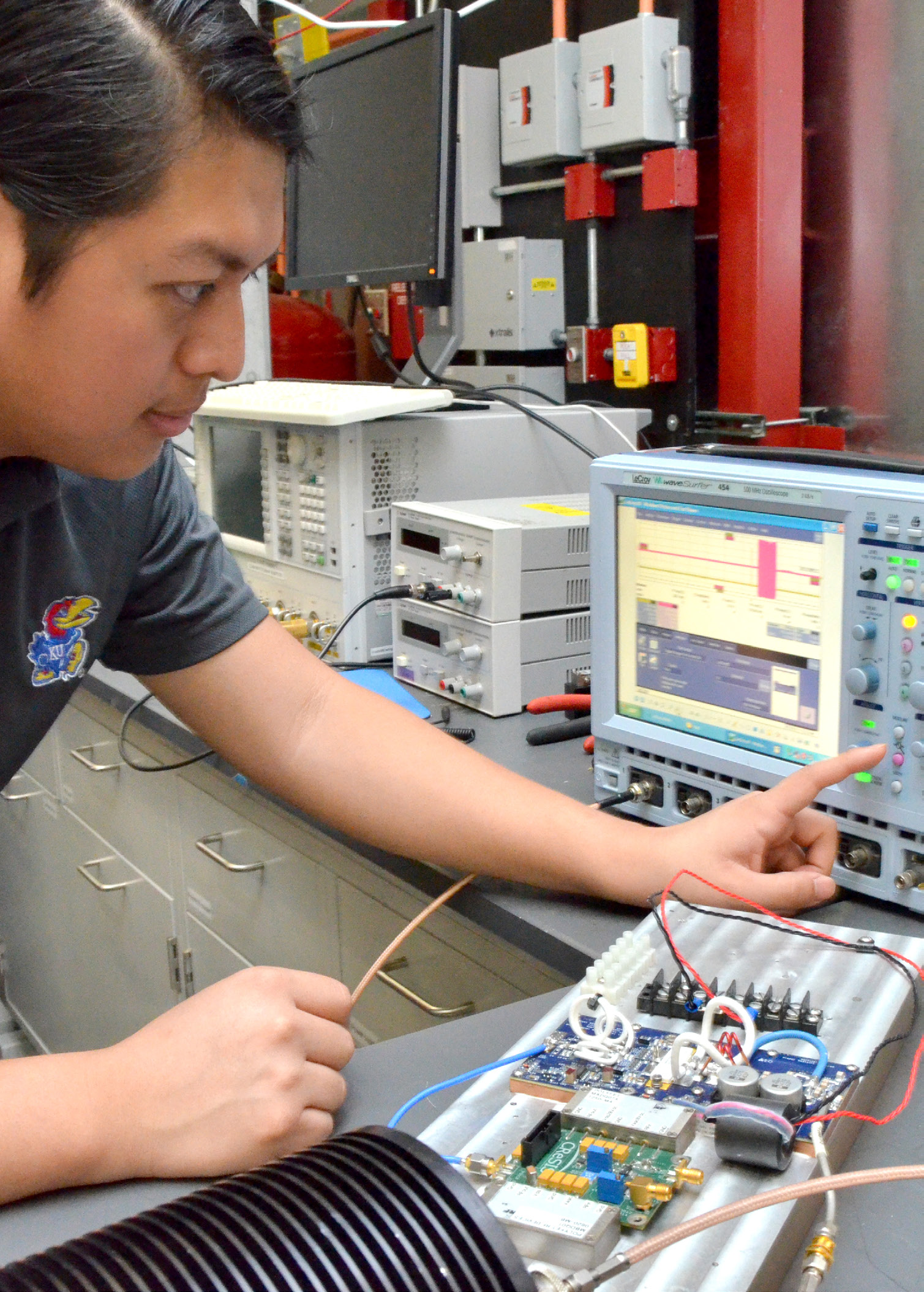
Electrical Engineering & Computer Science Graduate Programs
FUNDING OPPORTUNITIES
The majority of KU Engineering graduate students are funded through a combination of graduate research or teaching assistantships, fellowships and scholarships. More details at Research Funding
PRIOITY DEADLINES
Dec. 15 for Fall AdmissionSept. 30 for Spring Admission
A VIBRANT CITY
Lawrence, a historic city of about 100,000 in northeast Kansas, is known for its eclectic arts and culture scene. Massachusetts Street — the heart of downtown Lawrence — is just a short walk from campus.
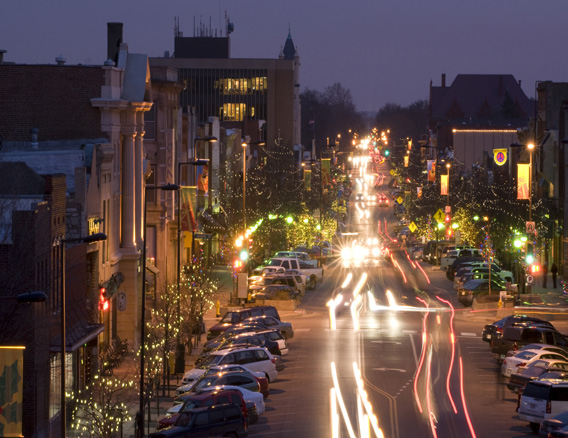
CONTACT US! —
THE UNIVERSITY OF KANSAS SCHOOL OF ENGINEERING
Department of Electrical Engineering & Computer Science
1520 W. 15th St.
Eaton Hall, Room 2001
Lawrence, KS 66045
785-864-4620
eecs-info@ku.edu
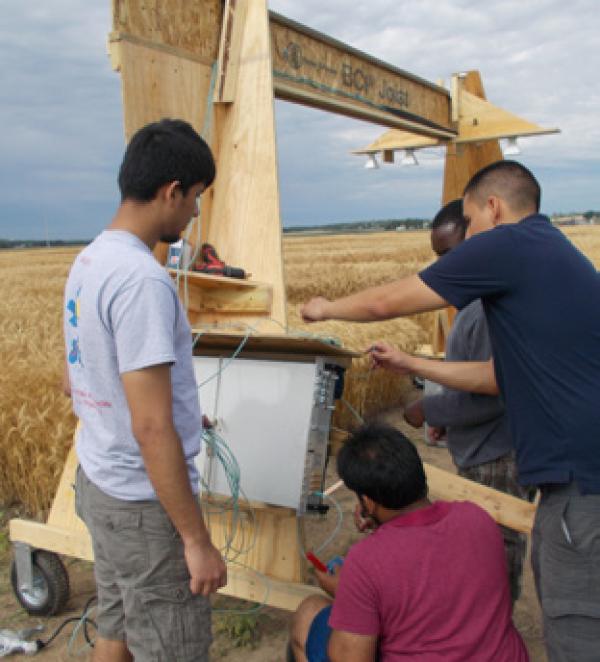
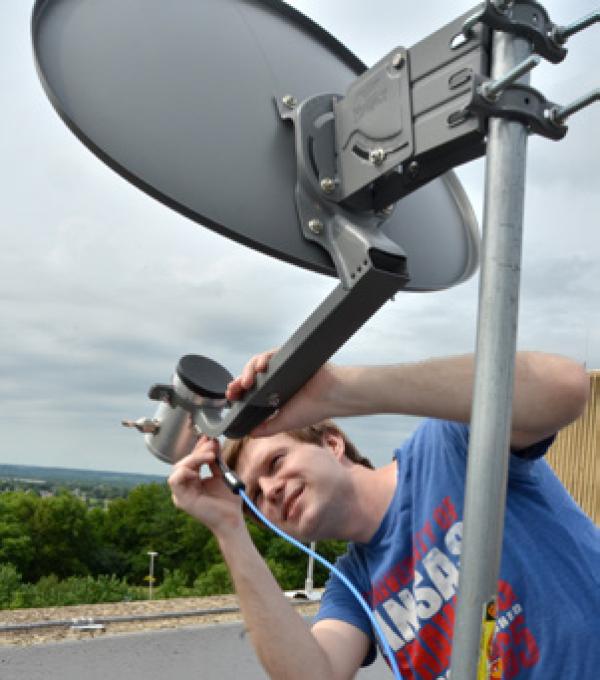
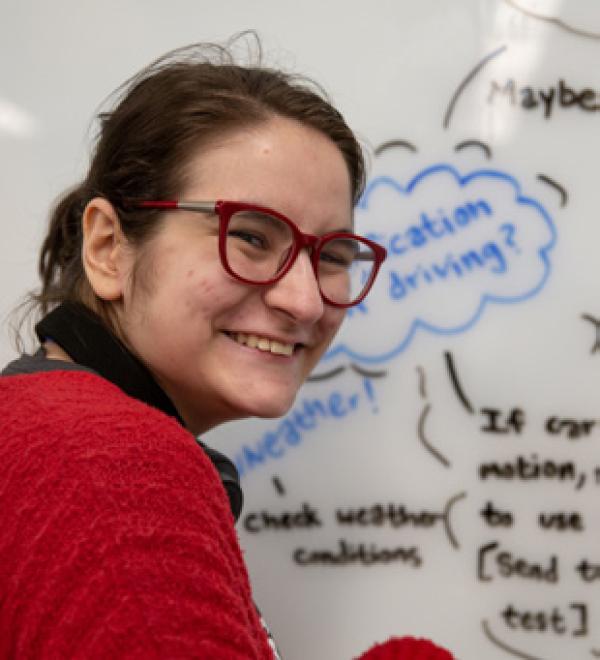
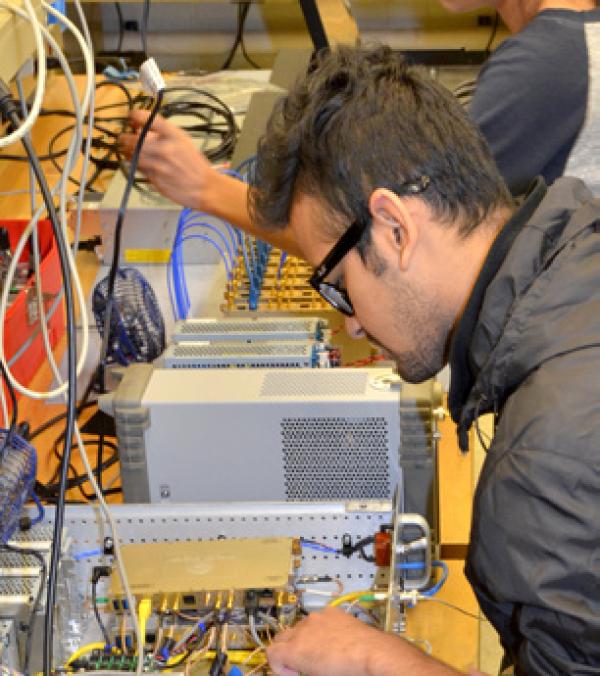
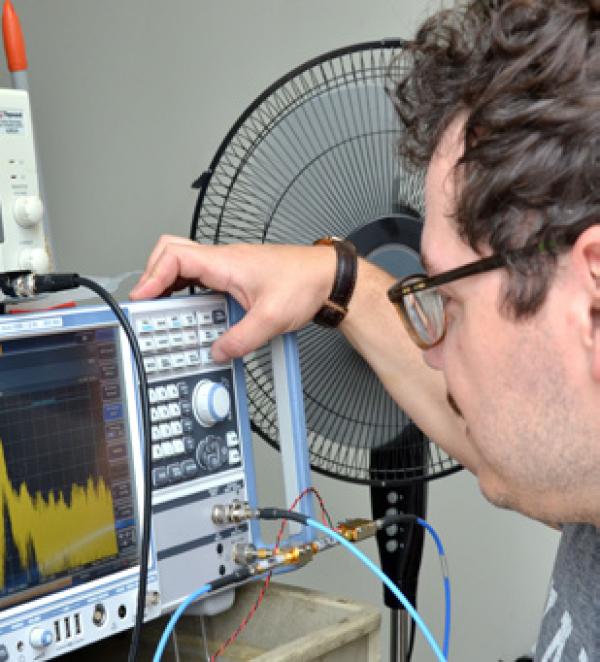
OVERVIEW
Assessing climate change, protecting against cyberthreats, discovering the underlying causes of cancer and developing the future internet are among the cutting-edge research areas within the Department of Electrical Engineering & Computer Science. With access to state-of-the-art facilities and opportunities for mentoring by expert faculty, KU produces graduates ready to make immediate contributions in their chosen fields.
DEGREES OFFERED
Doctor of Philosophy (Ph.D.)
- Computer Science
- Electrical Engineering
Master of Science (M.S.)
- Computer Engineering
- Computer Science
- Electrical Engineering
Master of Engineering (M.E.)
- Electrical Engineering and Computer Science
GRADUATE CERTIFICATE
- Data Science
- RF Systems Engineering
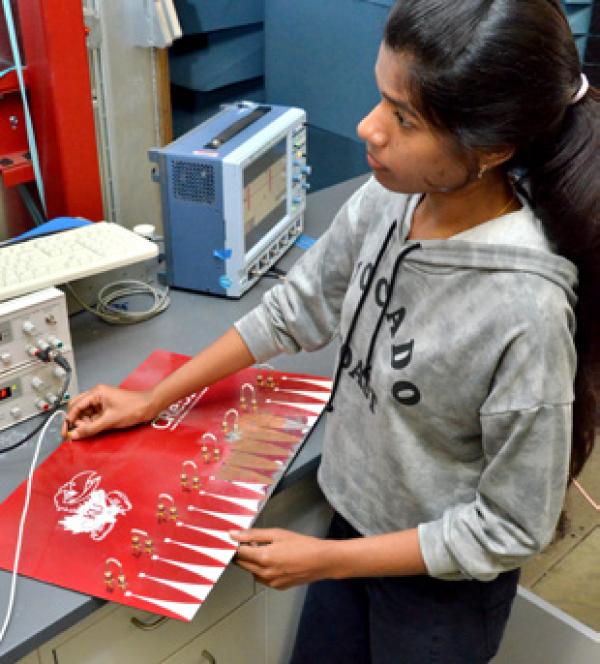
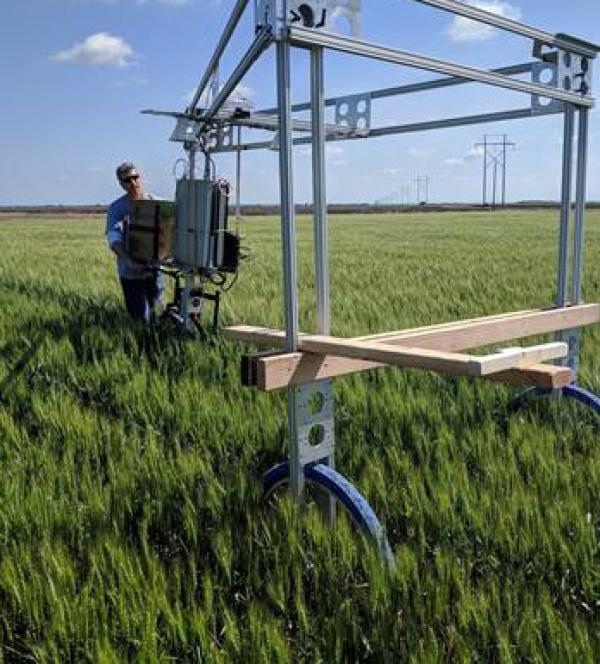
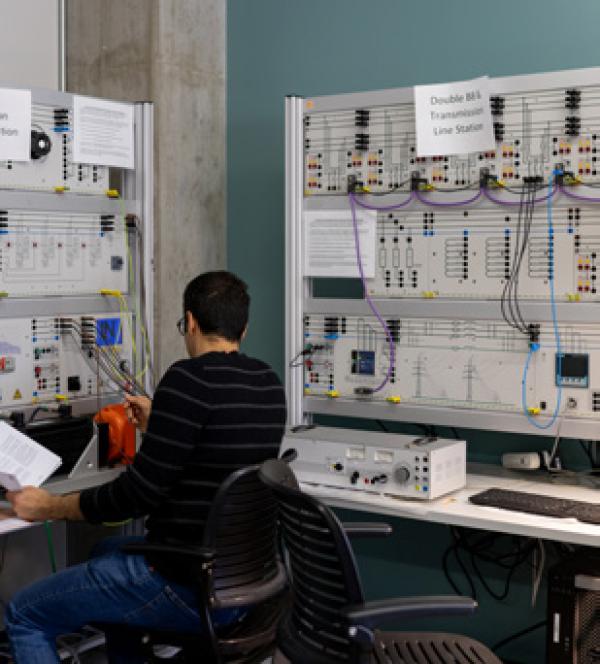
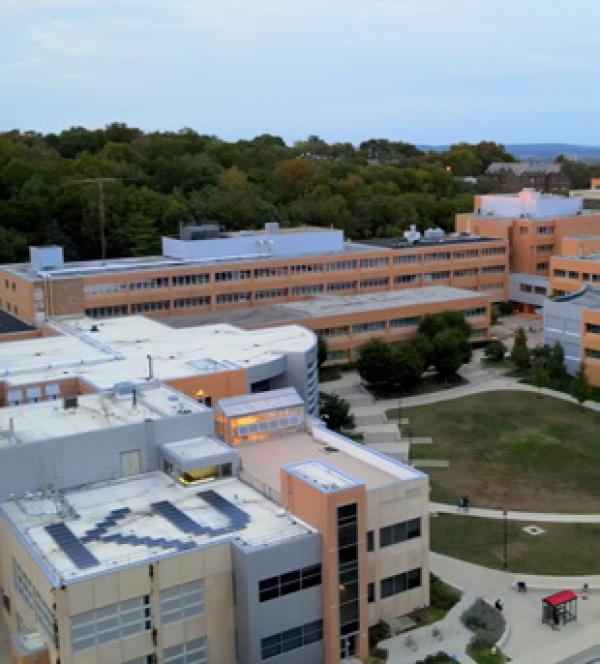
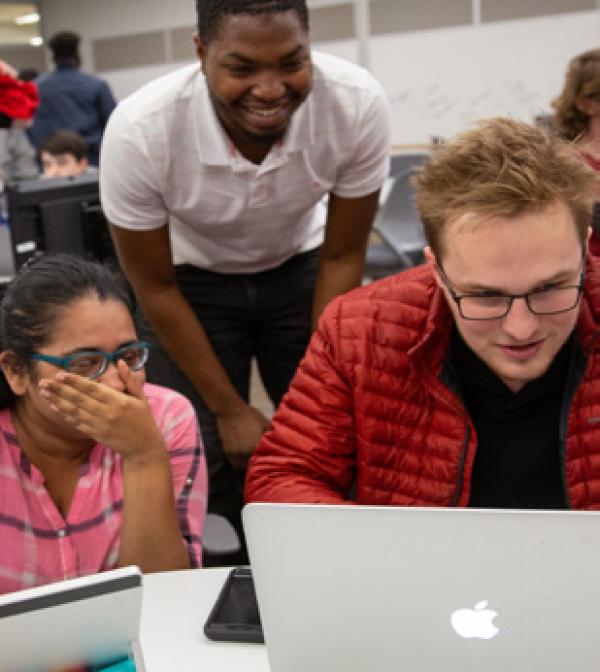
WORLD-CLASS RESEARCH
Center for Remote Sensing and Integrated Systems (CReSIS)
This multidisciplinary, multi-institutional NSF-funded Science and Technology Center places KU at the global forefront in monitoring the world’s polar ice sheets and their contribution to global sea-level change. Researchers develop new sensors, methods of collecting data, communication tools and modeling to better understand climate change.
Institute for Information Sciences (I2S)
From increasing the security, speed and efficiency of the internet to developing advanced radar capabilities for national defense, I2S-affiliated researchers develop technology in the areas of computing, communications, bioinformatics, signal processing, cybersecurity and sensors.
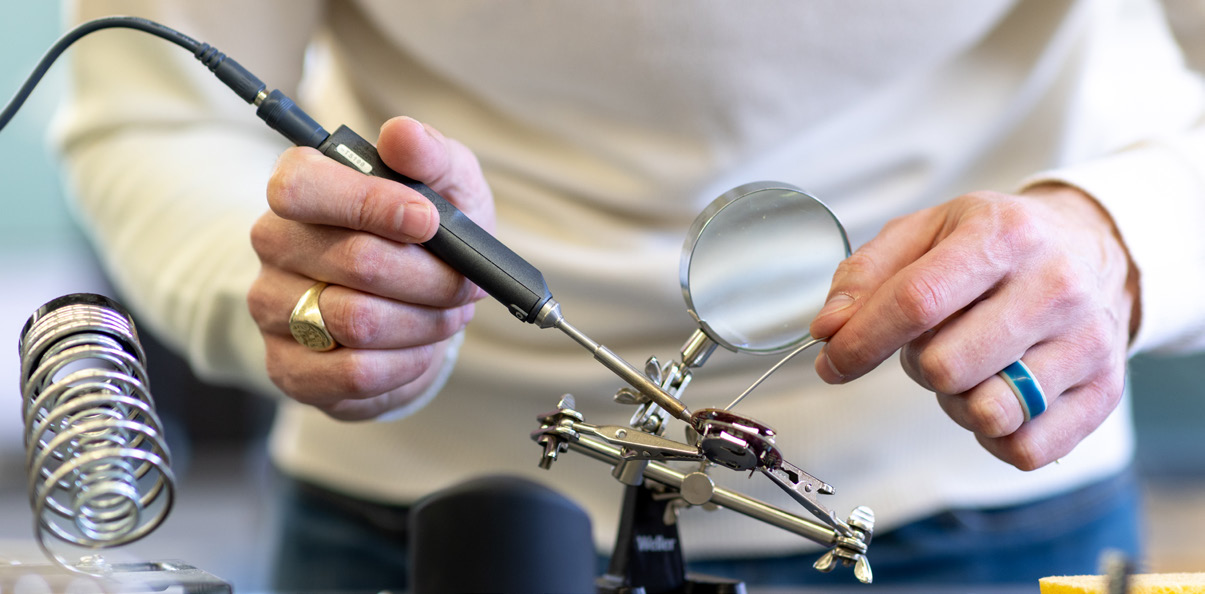
KU is one of only 38 public institutions in the United States designated a top research university in North America by the Association of American Universities.